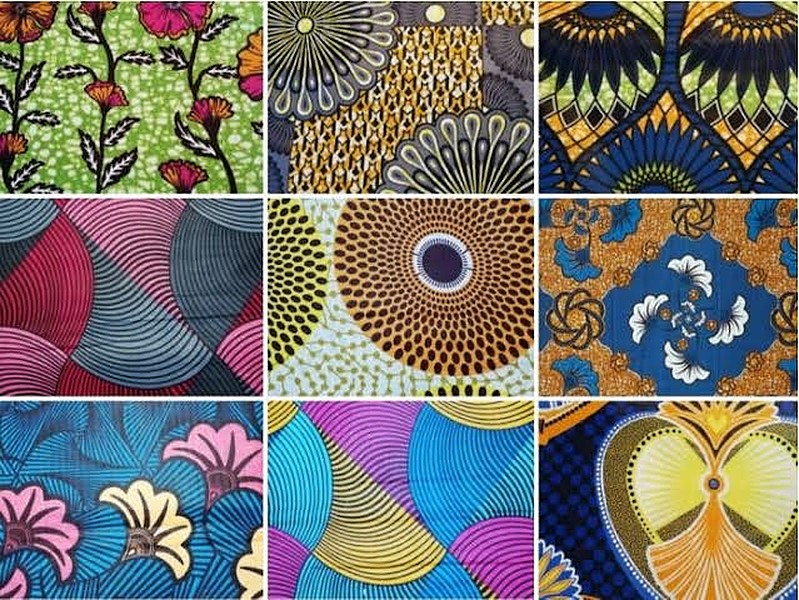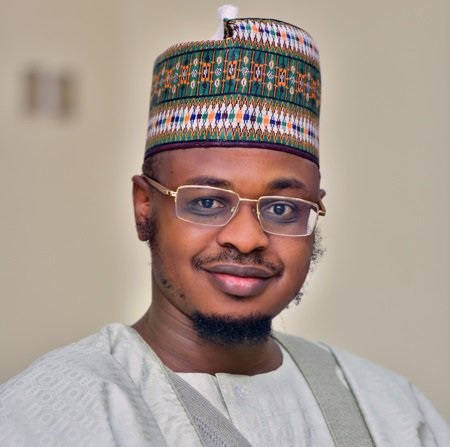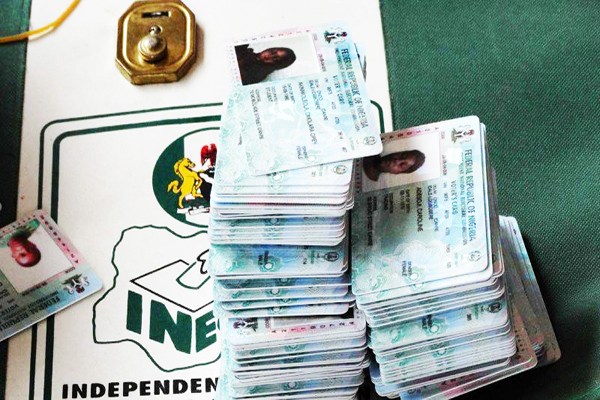A don, Prof. Gwari William-Bako of Ahmed Bello University, Zaria, has advocated the inclusion of study of traditional attire in school curriculum.
William-Bako, Head of Department, Industrial Design, who gave the suggestion in an interview in Zaria on Tuesday, said such measure would assist in popularising traditional attires.
He said that since the country had diverse ethnic groups, the policy could kick-start with the study of traditional attires of host communities of learning institutions.
According to him, encouraging the study of traditional attires in the curriculum of learning institutions will play symbolic role in the preservation of national values and cultural heritage, in addition to uniting the people.
Williams-Bako also suggested the revamping of Nigerian textiles industries to provide job opportunities and generate revenue for government.
“Nigeria, Africa’s largest economy, once had a booming textile industry; in the golden era of this industry between 1985 and 1991, the sector had an annual growth rate of 67 per cent.
“As at 1991, the industry employed over 350,000 people, who made up 25 per cent of workers in manufacturing; that time, textile mills in operation were about 180.
“But today, the story is different as all but 25 of the textile mills have shut down, with most of the mills running at less than 40 per cent of installed capacity, and employing only 25,000 people,” he lamented.
Meanwhile, Alhaji Shehu Baraya, the custodian of the Zazzau (Zaria) Emirate tradition in Kaduna state, said cultural attires in the emirate had been generating revenue for the state.
“In spite of the western cultural infringement into the hearts of our youths, and sometimes even elderly people, cultural attires in Zaria are still being patronised, and still generating revenue for the state.
“People from different parts of the country come to Zaria to buy attires, or bring materials to be sewn and designed for them; however, the security situation has lessened the patronage,” said.
Also, Malam Abbas Aliyu, member of a forum that specialises in the dyeing of fabrics in Zaria, said their wares were being patronised.
AdvertisementHe said the trade had created employment opportunities and generated revenue for government.


 Comments and Issues2 days ago
Comments and Issues2 days ago
 Business6 days ago
Business6 days ago
 Business1 week ago
Business1 week ago
 Business1 week ago
Business1 week ago
 Business5 days ago
Business5 days ago
 Education7 days ago
Education7 days ago
 Comments and Issues5 days ago
Comments and Issues5 days ago
 News6 days ago
News6 days ago











